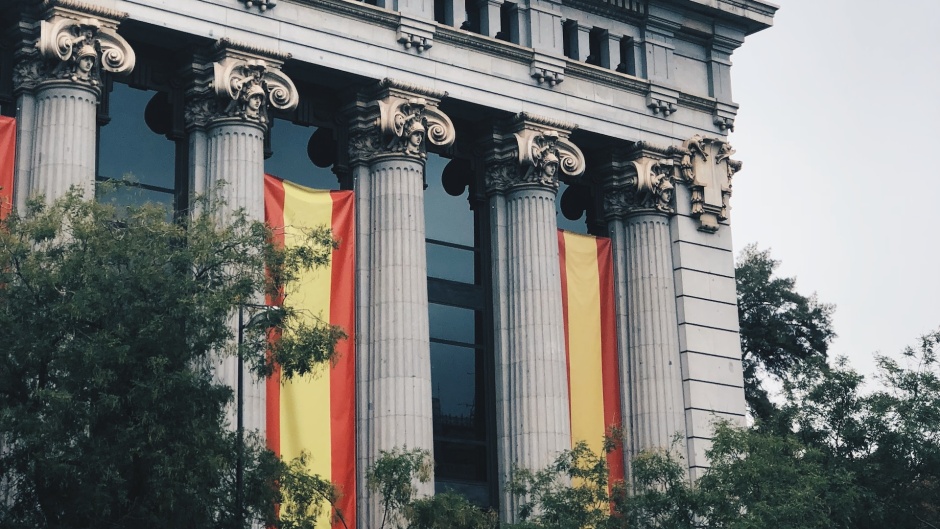The diversity game
Recent years have shown that the term “diversity” can become a weapon in the hands of rulers with clearly defined agendas and a willingness to impose their ideology.
16 DECEMBER 2022 · 09:46 CET

There are few concepts in today’s politics that are repeated more often than that of “diversity”.
Personal and group identities are celebrated, and their unhindered expression are said to be defended at all costs.
After the monolithic Francoism that collapsed in the second half of the 1970s (‘one nation, one religion, one way of thinking’), Spain experienced a democratic transition in the 1980s that united communists and conservatives under the new Constitution, leading to a recognition of underlying identities. Among the most deeply rooted were Catalonia and the Basque Country: their own languages and culture had been persecuted and finally they had a place in the public space again.
Beyond religion, this interest in visibilising diversity has led to the creation of the official “Observatory for equal treatment, non-discrimination and the prevention of hate crimes” in the region of Valencia. Its aim is to defend all those who are discriminated against for “reasons of sex, nationality, racial or ethnic origin, age, sexual orientation, gender identity and expression, family group, sexual development, functional diversity or disability, religion or beliefs, political ideas, poverty, language, culture, illness, aesthetics or body”.
As the very long list above shows, the protection of “diversity” in a society can end up being a catch-all in which politicians can choose, according to their ideology, which group’s rights will be prioritised.
Recent years have shown that the term “diversity” can become a weapon in the hands of rulers with clearly defined agendas and a willingness to impose their ideology. The most recent example in Spain is the harassment launched by the national government against all those who have questioned the content and forms of the upcoming ‘Trans Law’ (to be voted very soon).
Feminist associations have said the law endangers women. Judges’ associations have warned about the legal insecurity it creates. Associations of psychiatrists spoke out against how it would cause to children. But all this legitimate and well-founded criticism has been labelled by government ministers simply as “homophobia”, “machismo”, “media manipulation” and “a fight against human rights”.
This is the dangerous side of the “diversity” talk. Using good-sounding words to silence those who dissent. And this surely is the challenge for religious minorities in many parts of Europe, including evangelical Christians. Holding on to their convictions and expressing them without fear in a public square that encourages diversity but increasingly restricts the topics on which we are allowed to speak freely.
Joel Forster, journalist and director of Evangelical Focus, lives in Valencia (Spain).
Published in: Evangelical Focus - European perspectives - The diversity game
Since you are here…
Evangelical Focus is a news and opinion platform that brings together Christians from across Europe and other parts of the world. We need the support of our readers to make this media project sustainable in the long term. You can support our work! Read about Evangelical Focus’s sustainability here.
Would you like to support the work of Evangelical Focus?
Use one of these methods. You can also transfer your donation to “Areópago Protestante / Evangelical Focus” IBAN: ES8521000853530200278394 (Swift / BIC: CAIXESBBXXX). Subject: “Donation Evangelical Focus”
